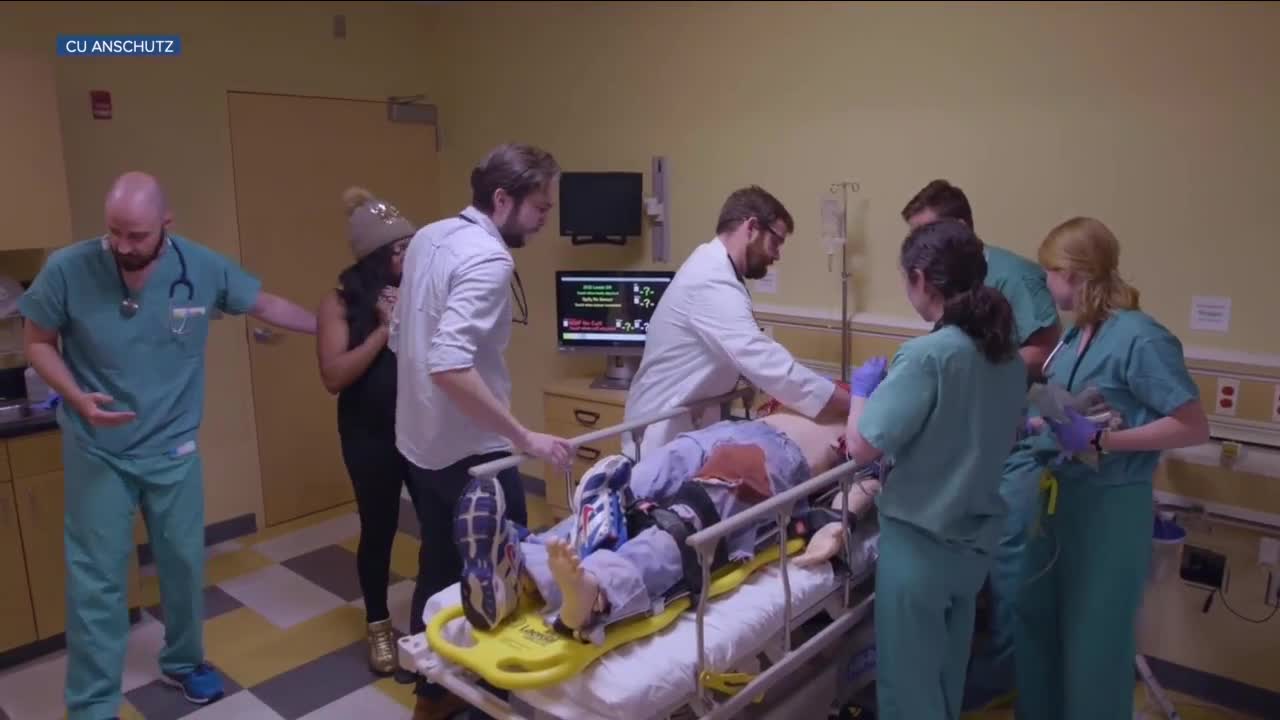DENVER – On Wednesday, a group of 20 Denver Health emergency medicine residents from the University of Colorado’s School of Medicine participated in their very first Health Equity Through Cultural Sensitivity Simulation Day.
The purpose of the training was for residents to gain a better understanding of how diversity, equity, and inclusion impact health equity.
“There’s always a debate over where we include that education and training. I think residency is definitely one of the places to do it and it's one of the last places before they continue on to be board certified emergency physicians,” said Dr. Jacqueline Ward-Gaines, the Diversity Equity and Inclusion Educational Lead for the Department of Emergency Medicine.
The residents participated in eight different scenarios with mannequins and standardized patients at the Center for Advancing Professional Excellence, or CAPE.
Each scenario lasted 15 minutes and was designed to help residents confront their own biases.
“We really wanted the learners to come in say, ‘Alright, so I have this bias, how do I effectively treat my patient, knowing I have this bias while also being able to take care of them in a safe environment?” said Joce Blake, the communications, business development and community relations manager at the Center for Advancing Professional Excellence.
Some of the scenarios residents experienced included meeting with a Black patient with sickle cell anemia, a disease that is more common in Black Americans.
They also participated in a scenario that involved patients refusing care because of a doctor’s race.
“We’re trying to tackle different topics... Some of these scenarios are very uncomfortable for us but I think that’s the point, we want to make people uncomfortable so that we can effect change,” said Blake.
Ward-Gaines told Denver7 that often, issues with equity in medicine are a reflection of problems within society.
“We don’t practice medicine in a silo. We are just simple microcosms of society, so the same problems that impact criminal justice and housing, those same disparities are in healthcare,” said Blake.
At the end of the day, residents debriefed to discuss what went well, what did not go well, and how to incorporate the training into their work.
Ward-Gaines said the training will also serve a bigger purpose by helping to build trust within communities of color, which is especially important during a time when mistrust has led to delays in COVID-19 vaccinations and other pandemic related care.




